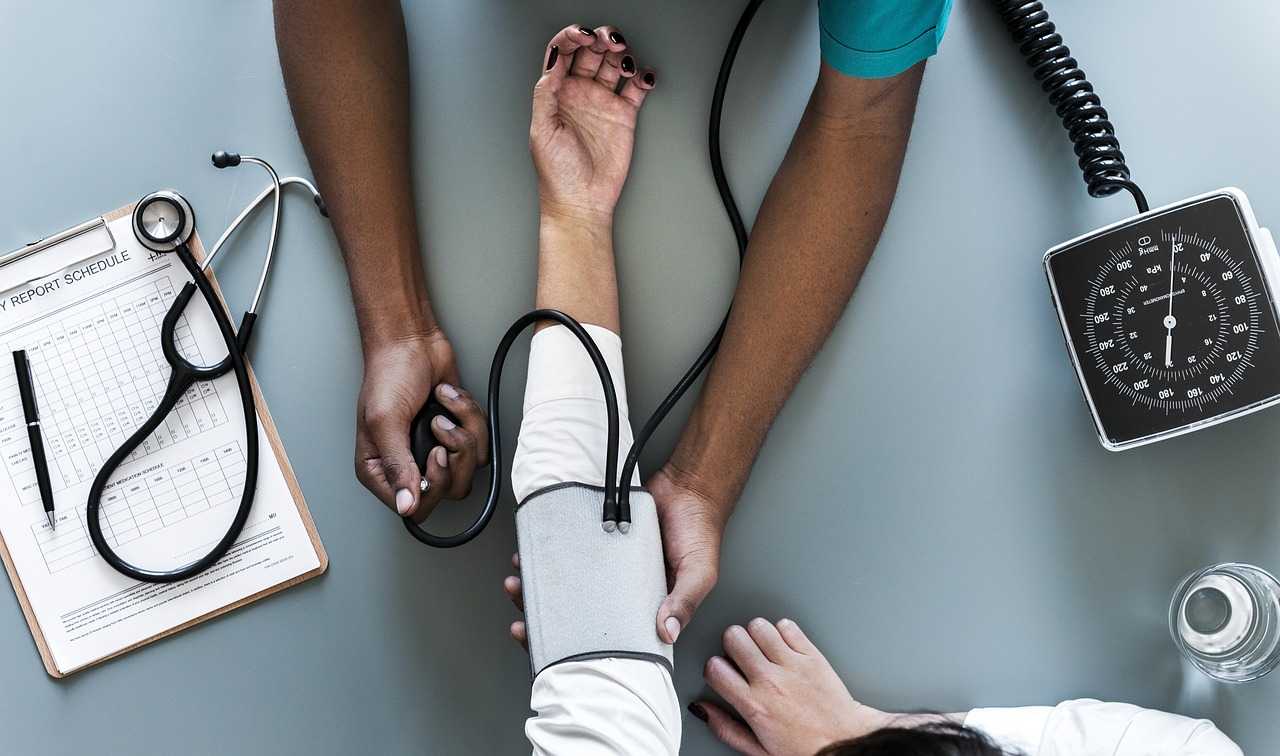
Post-traumatic stress disorder (PTSD) is a trauma and stressor related disorder that has received widespread attention since the current wars in Iraq and Afghanistan began. Common symptoms of PTSD include, but are not limited to, depression, anxiety, and sleep issues.
PTSD, however, will often cause other conditions or disabilities. If you’ve been diagnosed with PTSD, chances are you suffer from what are known as secondary conditions. Some examples of conditions secondary to PTSD are sleep apnea, gastroesophageal reflux disease (GERD), hypertension, migraines, and erectile dysfunction.
You can receive additional VA disability compensation for each of these conditions if you show they are related to your service-connected PTSD. The first step is recognizing the symptoms of these conditions.
Sleep apnea is typically diagnosed via a sleep study, where professionals determine whether your breathing during sleep is stopping momentarily. Obstructive sleep apnea occurs when the upper airway becomes blocked during sleep, reducing or stopping airflow. Symptoms of sleep apnea include:
If you experience some or all of these symptoms, it may be worthwhile to do a sleep study.
Breathing devices such as CPAP machines and lifestyle changes are common remedies. Undiagnosed or untreated sleep apnea can lead to serious complications, such as:
GERD occurs when stomach acid flows into your esophagus, irritating its lining. GERD symptoms depend on the severity of the condition. Mild symptoms include heartburn and belching. More severe symptoms include regurgitation of food, difficulty swallowing and substernal arm or shoulder pain. Some people wake up choking on acid or food that has regurgitated while they are sleeping. If you experience any of these symptoms, you may want to consider an examination for possible GERD.
Hypertension, also known as high blood pressure, occurs when the blood force on the artery walls is too high. Recent research shows that hypertension may be aggravated by stress and anxiety, which are very common PTSD symptoms.
A migraine is a headache of varying intensity that is sometimes associated with nausea and lightheadedness. Several studies correlate the severity of PTSD with the severity of migraine and other types of headaches.
While having erection trouble from time to time isn’t necessarily a cause for concern, if it becomes an ongoing issue, it could be diagnosed as erectile dysfunction. On top of occasionally making sex more difficult, it can cause stress, affect self-confidence, and even contribute to relationship problems. Some people experience this as a side effect of medications they are taking.
If you receive a diagnosis for any of the above conditions, you may be able to get secondary service connection related to PTSD. You must already have PTSD service-connected to receive secondary service connection on the basis of PTSD.
Once you have established service connection for PTSD, you can build a case for secondary service connection. For sleep apnea, GERD, or erectile dysfunction, you must have a diagnosis and provide evidence that your condition stems from PTSD or from medication you take for PTSD. The strongest evidence in secondary service connection cases comes in the form of medical opinions.
For example, if you want to get service connection for sleep apnea secondary to PTSD, you would want to get a medical opinion from a psychiatrist, psychologist or pulmonologist indicating that it is at least as likely as not that your sleep apnea is related to your PTSD. The medical professional would provide supporting rationale for his or her opinion.
While those studies are not necessarily definitive in and of themselves, they do provide a basis for asking your doctor or other medical professional for an opinion as to whether your PTSD may have caused or aggravated these common secondary conditions. Each person’s situation is different, and your doctor or medical professional is best suited to determine whether your conditions are related to PTSD or not.
Berry Law was founded by Vietnam War Veteran and legendary trial lawyer John Stevens Berry Sr. We are proud to have many military Veterans among our attorneys and staff who understand what it means to serve and know firsthand the struggles many of our clients face every day.
If your secondary service connection claim for PTSD has been denied, Berry Law may be able to help. We have been successfully representing Veterans for decades. Contact us today for a free evaluation.
Our monthly newsletter features about important and up-to-date veterans' law news, keeping you informed about the changes that matter.